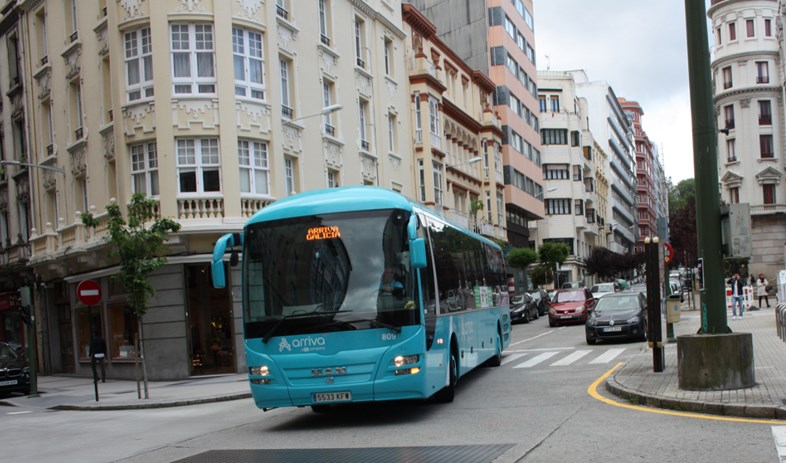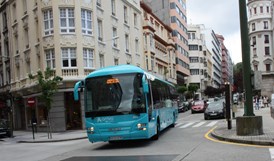12 Aug 2020
Arriva blog: Why Europe must use the EU’s recovery fund to champion sustainable transport

Jana Siber, Managing Director, Mainland Europe
The shock to the EU economy from the pandemic has hit all member states. This has led to EU governments to agree a historic COVID-19 recovery fund to help countries bounce back. As governments are now setting priorities and defining how the EU’s recovery fund should be used at a national level, it will be a challenging task to decide which amongst many competing priorities should be included in the national recovery and resilience plans.
As EU governments are defining these priority areas, there is an opportunity to reassess how economies could be revived. It will be vital that countries build back better and greener, focusing on projects which will benefit the economy and generations to come.
It is known that public transport is a crucial driver of economic growth and poverty reduction. The public transport sector must therefore have a critical part in getting economies moving again.
As the EU enters the recovery phase, passengers are gradually returning to public transport but it is still uncertain when, if at all, passenger numbers will return to pre-COVID levels. Furthermore, the effect of months of low passenger numbers due to lockdowns has had a huge financial impact on the sector.
It is important that public transport authorities and operators are able to continue to provide vital, safe and modern public transport services on well-functioning transport networks. This will be vital for the recovery of the economy, providing essential mobility to all and connecting people and communities to jobs, education and leisure.
As well as being economically crucial, public transport is a sector which delivers vast environmental benefits and should therefore have a key role in building back better, with a focus on moving people efficiently, sustainably and safely, rather than going back to the past by relying on cars and creating congested streets.
Cities across the EU took several approaches that facilitated sustainable transport alternatives during the pandemic. Now that the EU enters the recovery phase, these approaches should become permanent, following the example of cities like Madrid, where a Bus Rapid Transit System will be developed. Or Barcelona where vehicle lanes will be replaced by bike and public transport lanes as part of measures to promote collective, sustainable and non-polluting modes of travel.
By including public transport, national governments can support cities and transport authorities in creating truly sustainable transport networks in partnership with operators which will not only support economic recovery but also pave the way for urban environments fit for a greener, more sustainable future.
Contact information
Phil Curry
Senior Communications Manager
Arriva Group press office
+44 (0)7825 342 976
curryp@arriva.co.uk

